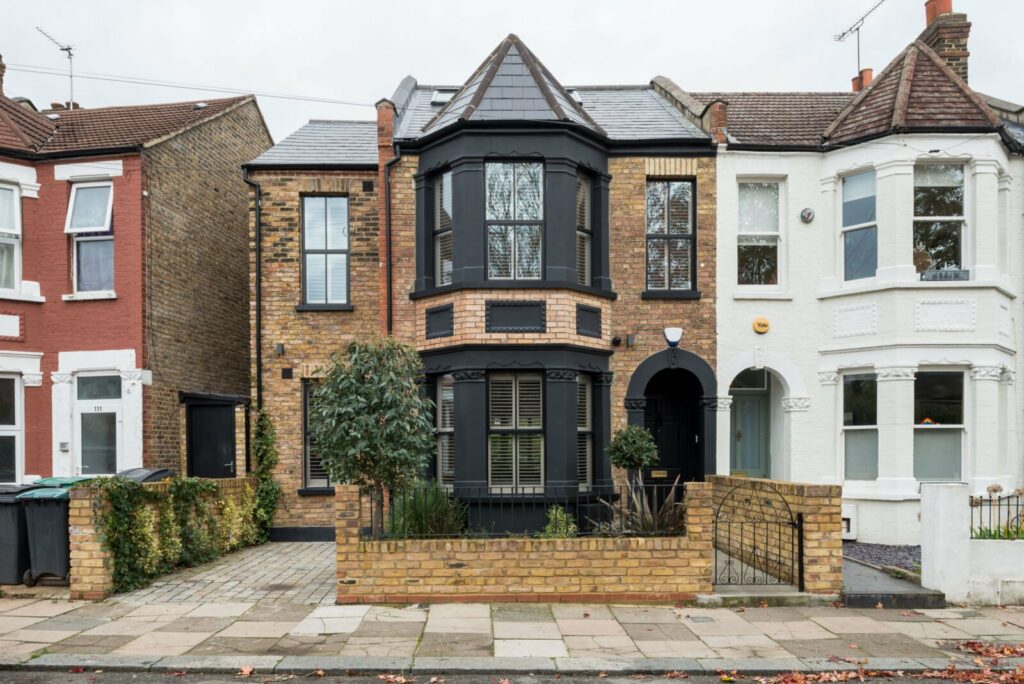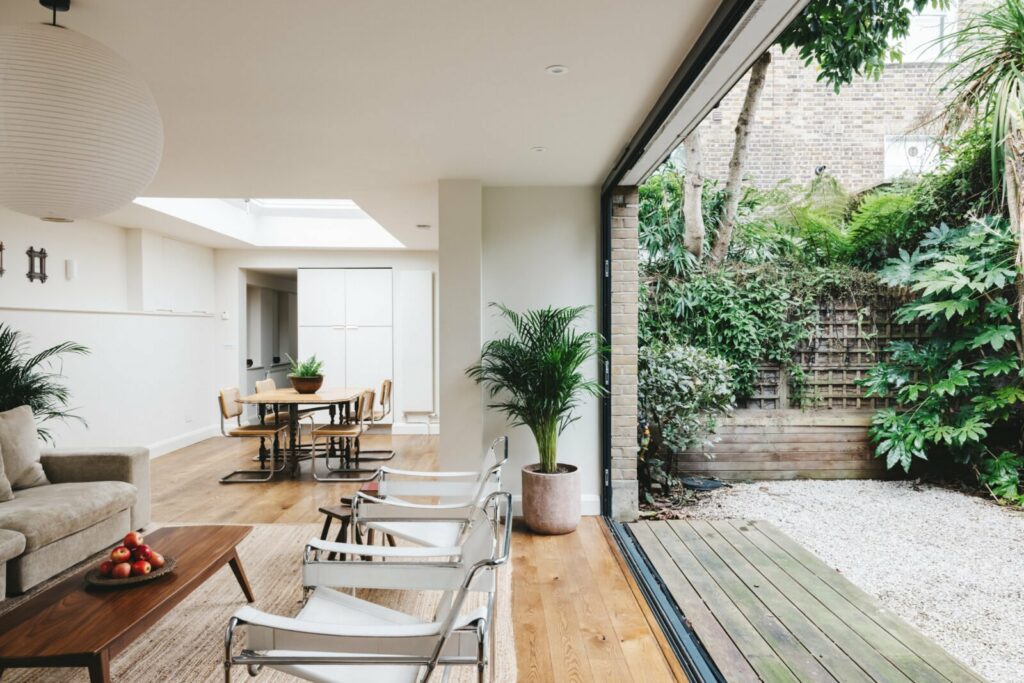What are valid reasons to object to planning applications
There are several factors that the planning authorities have to consider to object to a proposed development. For the local planning authority to consider an objection as part of the decision-making, it must be based on valid planning grounds and not immaterial planning considerations. Below are some valid grounds that can lead to planning objections to new development.

Smell causing a disturbance
If a proposed development is releasing smells that cause a disturbance to the people around its environment, then the planning objection is likely to be put into consideration.
Adversely affect conservation areas and listed buildings.
An objection clearly stating the effects of planned development on conservation areas such as national parks, nature reserves, and conserved community areas will be considered. Factors such as the conservation area layout are also crucial in the final decision.
Noise and disturbances from the development plan
A proposed development that is set to bring about a lot of noise disturbance around an area can be objection based on that factor alone. A noise objection is most valid when the proposed development is close to a residential area, schools, hospitals, and government offices.

Impact on public visual amenity
This does not include the loss of an individual’s private view. Impact on views from viewpoints that are accessible to the public is going to be considered as this is part of the landscape.
Government circulars, orders, and statutory instruments
A planning objection against a proposed development that goes against any government policies and regulations will be approved. In most instances, a building design that goes against any set policies will be cancelled easily.
Other reasons which might be considered valid objection grounds include overshadowing, poor design and appearance, and traffic generation from overdevelopment

What not to include when objecting to planning applications
Even when the objection is seemingly straightforward, there are some common mistakes that you should be careful to avoid when looking to make valid objections to planning matters.
- No information such as religious beliefs and sexual orientation of the applicant should be included.
- Don’t start a petition since petitions carry no weight when it comes to objecting to a planning proposal.
- Don’t include any speculations on future events.
- Concerns about the effect of the development on nearby houses and other property prices.
After receiving a planning application, your local council’s planning department is supposed to notify all the neighbours who they think will be affected. Nonetheless, failing to receive a letter doe not stop you from objecting to any planning application. Alternatively, you can look through the council’s website to find out about any developments.
Planning